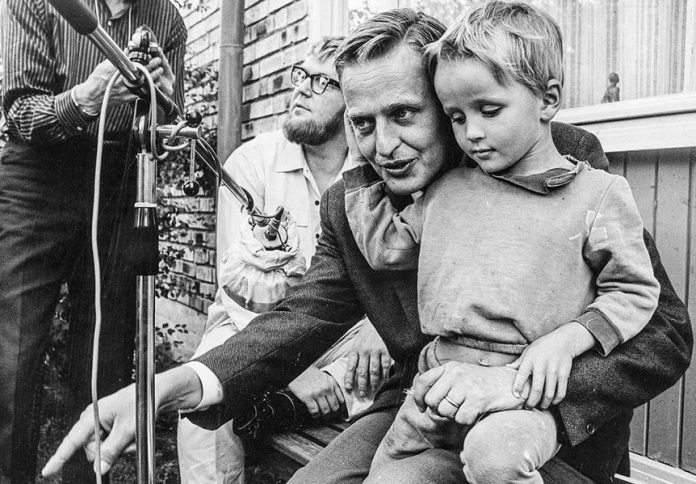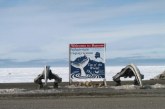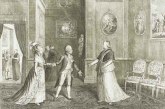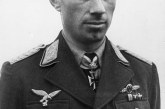
One of the most famous Cold War Social Democrats and the most famous 20th century Swedish politician, Olof Palme, was born on January 30, 1927. Palme was and remains a very polarizing figure on both the Swedish and international political scene.
Palme was born in Stockholm into a wealthy entrepreneurial Lutheran family. His father was Dutch in origin and his mother a Baltic German. He studied at Kenyon College in Ohio and graduated from the University of Stockholm in 1951. Driven by the misery, racial discrimination and economic inequality he saw during his travels across Eastern Europe, Asia (India, Sri Lanka, Burma, Thailand, Singapore, Indonesia and Japan) and the US, Palme became an active member of the Swedish Social Democrats, and in 1958 MP in the Swedish Parliament. During the 1960s, he held several ministerial positions, to become prime minister in 1969.
Palme was an advocate of pacifism policy and an ardent critic of US intervention in Vietnam, and offered shelter to deserters from the US Armed Forces in his country. This has sharpened relations between the US and Sweden. Palme was a staunch supporter of the policy of neutrality towards both Cold War superpowers and supported various national movements and decolonization in the so-called countries. The Third World. He was also an avid critic of apartheid politics in the Republic of South Africa. Yet his views often proved controversial, as he also supported the governments of states that were responsible for grave human rights violations. His economic policies have helped many children and the poorer, but it has also led Sweden to become the country with the highest tax rate in the entire Western world, and has drawn the anger of many entrepreneurs in Palmeo. Palme in particular advocated the fight to reduce unemployment.
Although the Social Democrats lost the 1976 election, Palme remained politically active. Among other things, he served as chairman of the Independent Disarmament Commission in Geneva, and served as special envoy for mediation in the Iraq-Iran war. In 1982, he again became prime minister and tried to introduce new socialist reforms into the Swedish economy. In 1986, he was killed by an unknown assassin. It was the first assassination of a Swedish statesman after the 18th century (when King Gustav III was assassinated).




